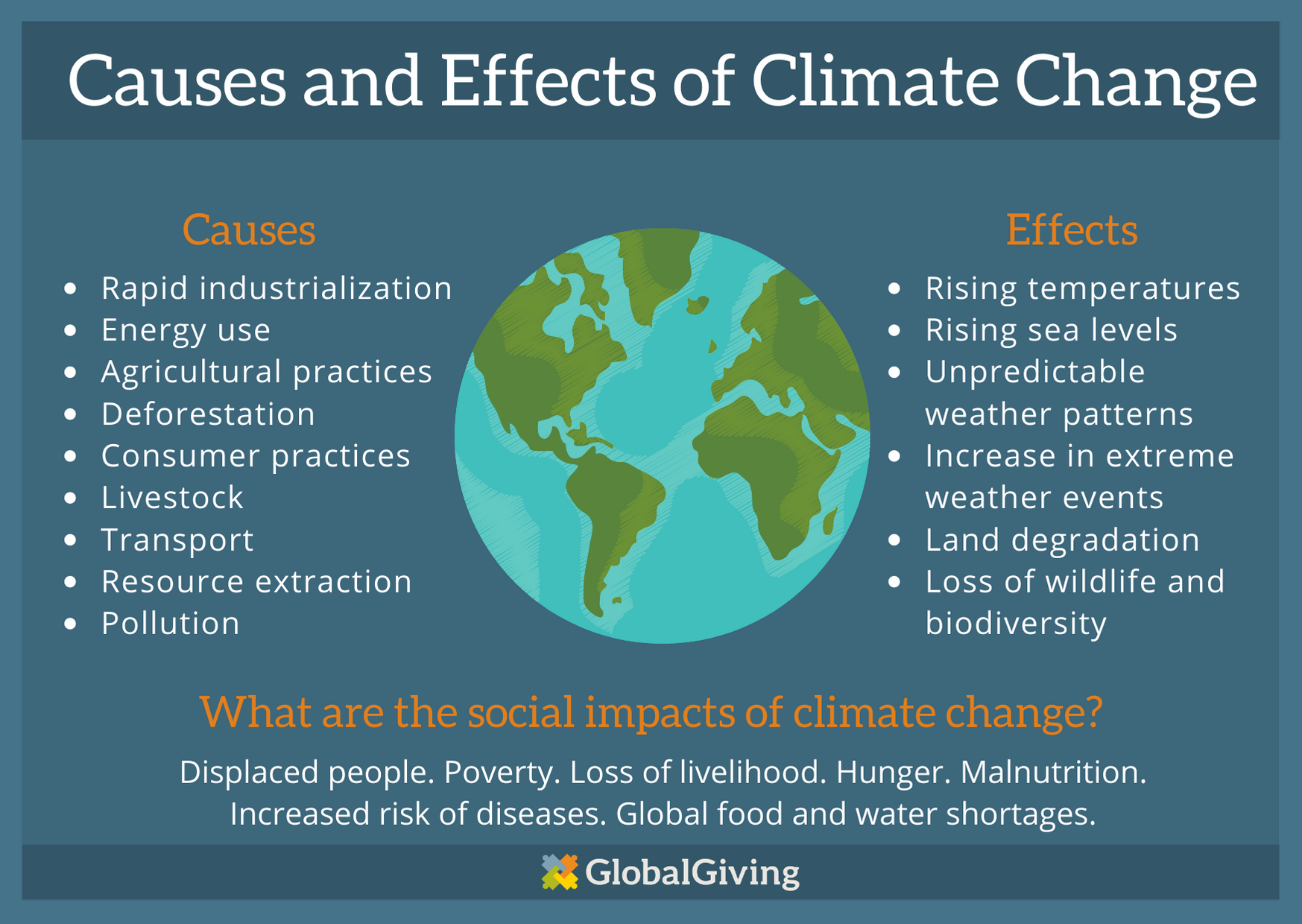Climate change is an undeniable global crisis that demands our immediate attention and action. The consequences of rising global temperatures are already evident, from extreme weather events to the melting of polar ice caps. However, despite the overwhelming scientific consensus on the reality of climate change, there are still many misconceptions and myths that persist in the public discourse. In this blog post, we aim to shed light on some of these climate change myths and provide you with the facts to help you better understand this pressing issue.
Myth 1: Climate Change is a Natural Cycle
One of the most persistent myths about climate change is the idea that it is simply a natural cycle, and human activities have little to do with it. While it is true that Earth’s climate has experienced natural fluctuations over millions of years, the rapid increase in global temperatures observed over the last century is unprecedented. The overwhelming consensus among climate scientists is that human activities, particularly the burning of fossil fuels and deforestation, are the primary drivers of the current warming trend.
Fact: Multiple lines of scientific evidence, including ice core data, temperature records, and computer models, all point to the conclusion that the current rate of global warming is largely attributable to human activities.
Myth 2: It’s Too Late to Stop Climate Change
Another common myth that can lead to climate apathy is the belief that it’s already too late to prevent the worst effects of climate change. While it is true that we have already experienced some level of climate change, the future trajectory of our planet’s climate depends on the actions we take today. Every reduction in greenhouse gas emissions and every effort to conserve our environment can make a difference.
Fact: Taking meaningful action to reduce greenhouse gas emissions, transition to renewable energy sources, and protect natural ecosystems can still limit the extent of future climate change and its associated impacts.
Myth 3: Climate Change is Just a Political Issue
Some people view climate change as a political issue, rather than a scientific one, and often dismiss it based on their political beliefs. In reality, climate change is a scientific consensus supported by experts from around the world. While political discussions may center around policy and solutions, the scientific foundation of climate change is independent of any political ideology.
Fact: Climate change is not a matter of opinion; it is a well-established scientific fact supported by extensive research and data from experts across various fields.
Myth 4: Climate Change is a Distant Problem
There is a misconception that the impacts of climate change are something that future generations will have to deal with, and it won’t affect us in our lifetime. However, the effects of climate change are already happening and can be felt today. From more frequent and severe heatwaves to rising sea levels threatening coastal communities, the consequences of climate change are not a distant problem but a present reality.
Fact: Climate change is affecting us right now, and the longer we delay taking action, the more severe and widespread its impacts will become.
Myth 5: Renewable Energy is Inefficient and Expensive
Some argue that transitioning to renewable energy sources like wind and solar power is impractical because they are inefficient and costly. However, advancements in renewable energy technology have made it increasingly affordable and efficient. In fact, renewable energy sources are becoming more cost-competitive with fossil fuels in many parts of the world.
Fact: Renewable energy is a viable and sustainable alternative to fossil fuels, and investments in renewable technologies can lead to long-term economic and environmental benefits.
Myth 6: Climate Change is a Natural Way to Control Overpopulation
A particularly dangerous myth is the idea that climate change could serve as a natural way to control human overpopulation. This notion not only ignores the ethical implications but also disregards the fact that climate change disproportionately affects vulnerable communities, exacerbating social and economic inequalities.
Fact: Using climate change as a population control mechanism is neither ethical nor effective. Addressing overpopulation should be through responsible and sustainable means, such as education and family planning.
Myth 7: The Science of Climate Change is Uncertain
Some climate change skeptics argue that the science behind climate change is uncertain and that there is still debate among scientists. While scientific inquiry is inherently skeptical and constantly evolving, the overwhelming consensus within the scientific community is that climate change is real, primarily caused by human activities, and poses a significant threat to the planet.
Fact: The scientific consensus on climate change is robust, with the vast majority of climate scientists agreeing on the causes and consequences of global warming.
Conclusion
In a world facing the urgent threat of climate change, it is essential to separate fact from fiction. Debunking these common myths and understanding the facts is a crucial step toward taking meaningful action to mitigate and adapt to the challenges posed by a changing climate. We all have a role to play in addressing this global crisis, from reducing our carbon footprint to supporting policies that promote sustainability and environmental conservation. The time for action is now, and by dispelling these myths, we can move closer to a more sustainable and resilient future for our planet.




